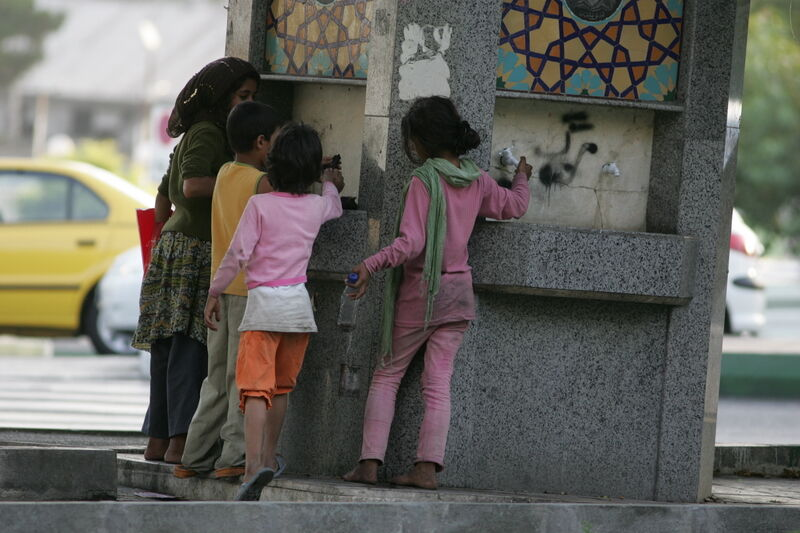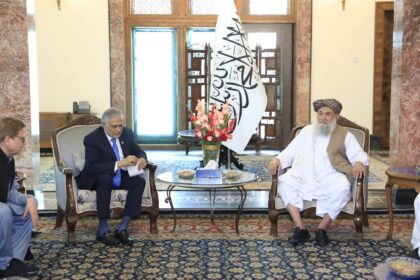RASC News Agency: Hossein Kaghazloo, Deputy Mayor for Political and Social Affairs of Tehran, has revealed that approximately 85 percent of child laborers apprehended in the Iranian capital are Afghanistani nationals. The statement, made during a recent meeting of the Tehran Social Council, underscores the growing intersection between irregular migration and urban social crises, particularly the proliferation of child labor in the city’s streets and public spaces. Kaghazloo noted that these children, prior to being returned to their families, are temporarily placed in specialized educational and rehabilitation centers. These institutions aim to provide not only a safe environment but also tailored training programs to equip them with essential skills for future societal integration. “Beyond mitigating social harm, these centers serve as a protective shield against the exploitation of vulnerable children,” he stated.
In the same session, the Deputy Mayor issued a one-month deadline to relevant state agencies to submit comprehensive action plans to the Tehran Governorate, outlining strategies for tackling pressing social vulnerabilities. The proposed programs are expected to include measures aimed at improving living standards for street children, enhancing supervision over migrant labor conditions, and strengthening support structures for at-risk women and children. The council also reviewed updates on substance abuse interventions, with officials reporting that over 2,300 homeless individuals suffering from addiction received rehabilitative services in the past year. An expansion of these services is anticipated in the coming months. Special emphasis was placed on women struggling with addiction, a group deemed disproportionately vulnerable due to compounded social and economic disadvantages.
Council members stressed the urgency of implementing structured, systematic oversight mechanisms to monitor the execution and effectiveness of social welfare initiatives. Experts present at the session argued that institutionalized supervision is essential for preventing further deterioration of urban social conditions and ensuring long-term policy sustainability. Unofficial estimates suggest that over 10 million undocumented Afghanistani migrants currently reside in Iran, making them one of the largest stateless populations in the region. The unresolved status of these migrants has created substantial challenges for state agencies, particularly in managing access to education, healthcare, housing, and legal protection. For Afghanistani children in particular, this has resulted in widespread exposure to child labor, school dropout, and homelessness issues that require urgent and coordinated responses from both governmental institutions and humanitarian organizations.






